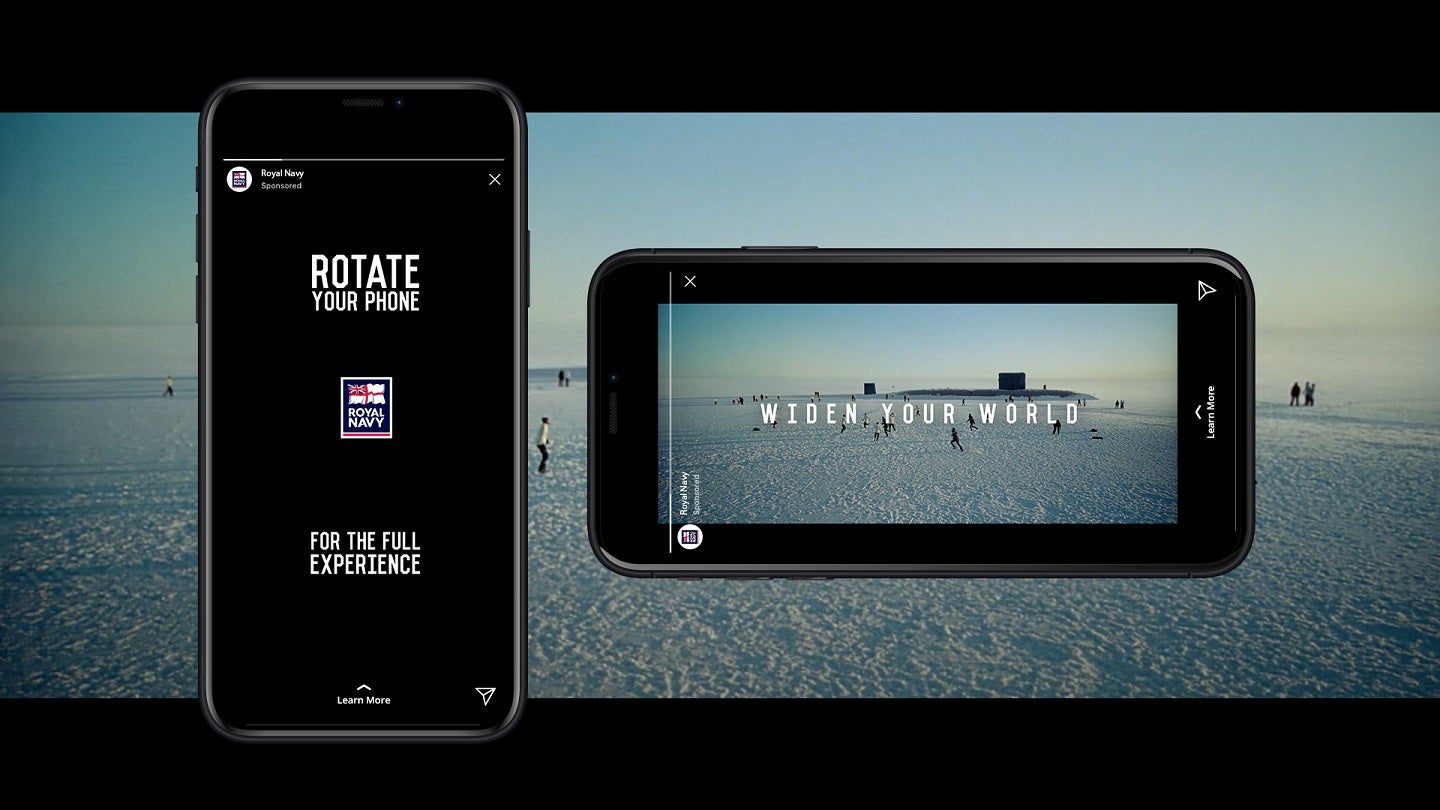
Recruitment is a key factor for military services seeking to maintain readiness and poses a unique set of challenges as each generation goes by. For the current and next generation, what worked 15 years ago might not now be applicable. David Chandler, division director at Bristol-based Great State, details how its digital technologies are being used to attract the Gen Z audience.
UK employment levels are at their lowest levels since 1974, and with the number of job vacancies remaining at near historic highs, employers are in the unusual situation where there are more job openings than there are unemployed job seekers. With fierce competition in the jobs market, the public sector is having to compete with consumer brands when it comes to not only attracting new talent but retaining it too.
The UK’s armed forces aren’t exempt and are having to compete for the same pool of potential candidates. The critical difference is that the strength of the UK military relies on a constant flow of new applicants entering the fold. The recent challenges facing military recruitment have been cause for concern. According to the UK Government’s latest recruitment and retention figures, there was a 3.5% decrease in the overall strength of the UK Forces from January 2023 to March 2023, with a 23.6% reduction of people joining the military.
Recognising this, the Royal Navy knew it needed a fresh approach to stand out in a crowded marketplace. With the new recruits of today becoming the Admirals of tomorrow, the Royal Navy is dependent on employing candidates of a certain age who are not only looking for a new career, but also a career where progression opportunities are hinged upon the time and subsequent experience accumulated within the force.
How to hit the mark with a Gen Z audience
Gen Z is described as the ‘loneliest generation’; this cohort of 18–24-year-olds are the ‘class of Covid’, battling with uncertainty about their prospects, their future and how to reconnect. For this target audience to consider a career in the Royal Navy, they need to understand what life in the service entails, where they could fit in, and what career opportunities it would bring.
Recognising the role that social media currently plays in the lives of this audience, Great State and the Royal Navy embarked on a mobile-first, multi-channel recruitment campaign. Their goal? To ensure that the Royal Navy’s message reached the right individuals, through the right channels, at precisely the right moment.
By embracing the engaging nature of video content, they implemented a strategy that showcased the multitude of roles within the Navy in a way that would truly resonate and leave a lasting impact on potential recruits.
Driving engagement through social channels
The Royal Navy’s brand is globally recognised thanks to strong guidelines and identity that build a united message across the Royal Navy’s platforms. Great State needed to take these, then flip and tailor them to resonate with a Gen Z audience. By demonstrating that they were a modern, relevant, relatable, and attractive employer, the content deployed needed to raise awareness of the benefits of a career in the Royal Navy, in a whole new way.
By using kinetic type and on-trend motion techniques and collaging effects, a new ‘scroll stopping’ execution was implemented to attract and encourage users to rotate their phone, showing landscape form content in a portrait screen. This would encourage a conscious decision to engage in the content offering greater immersion in a new, widescreen content.
Rather than bombarding the audience with an untailored list of benefits, the decision was made to go in ‘strong’ – listing one single minded benefit per video. These would be targeted to the right person, on the right platform, at the right time. The intention behind this was to reverse the anxiety felt by Gen Z of an uncertain future, selling in the benefit that would resonate with them the most – whether that was a thirst for adventure, financial security, or skills development.
To appease Gen Z’s post-pandemic mindset of feeling isolated and longing for experience, the adventure and camaraderie angle was ramped up with conscious selection of footage highlighting the far-flung destinations they could find themselves working in, and the huge variety of responsibilities that come with a Naval career.
Gen Z are a generation engaged with activism and global issues so the messaging also included a values-driven humanitarian focus, promoting a different side to the Royal Navy’s purpose, that would align with the known Gen Z audience mindsets and sensibilities. To alleviate financial concerns and anxiety around the cost-of-living crisis, discussion of the salary on offer was re-framed with emphasis on non-financial benefits such as travel, free gym use, the opportunity to work towards free qualifications and a six-week holiday package.
The impact
In three weeks, Great State and the Royal Navy delivered 340 pieces of content, over seven channels, for seven different audiences – which in turn, had an impact on the Royal Navy’s recruitment efforts.
Traffic from the social campaigns to the Royal Navy’s target recruitment pages increased by 93%.
Because the optimised video content was landing with the right people, at the right time and in the right place, they were more engaged once they arrived and as a result, dwell time increased by 150%. This contributed to a 420% increase in applications to the service, year on year.



